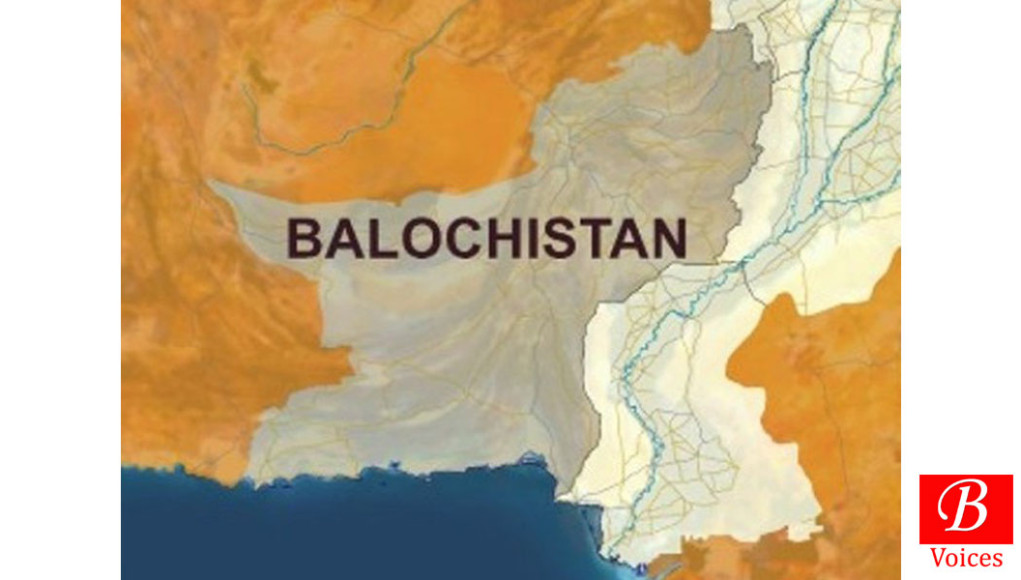Naila Tasneem
Balochistan has recently espoused a lot of interest amidst the escalation of tensions between the two nuclear armed neighboring countries in South Asia, India and Pakistan. While Balochistan may not be the reason behind the turmoil, it has been brought up on several important occasions. Such as the impolitic mention in the Indian PM’s Independence Day speech; or at the UN general assembly speech made by the external affairs minister of India. On the other hand US State Department spokesman John Kirby categorically stated: “The US government respects the unity and territorial integrity of Pakistan and we do not support independence for Balochistan”.
Although this sudden interest in Balochistan seems intriguing but it is actually not surprising at all. India has not only been sponsoring insurgencies and violence in Balochistan for a long period but has also threatened to “resolutely oppose” CPEC. Ironically if Indian government is so concerned about human rights violations in Balochistan why is it opposing CPEC? On the contrary CPEC could alleviate economic development in the entire region and will be helpful in addressing the root causes of terrorism like poverty, unemployment, economic deprivations etc. For this very reason countries like Iran and Afghanistan have shown keen interest in participating in CPEC. On the other hand peace building in Balochistan may be an ongoing process but it is far from what India has portrayed and security dynamics in Pakistan post Zarb e Azab- have certainly evolved. Many people in Balochistan laid down arms and there has been an earnest eagerness to participate in local politics and development initiatives.
However, the complexity of issues in Balochistan such as refugees from Afghanistan, sectarian violence, recent wave of terror attacks in Quetta, insurgencies and India fomenting separatists movements and unrest in Pakistan as confessed by the apprehended Indian navy spy Kulbhushan Yadav certainly has made it a hotbed for unrest. Balochistan is a major concern for India and it wants to sabotage any efforts for economic development in Pakistan as transpired by PM Narendra Modi that CPEC is “unacceptable” to them. And the only way they can halt the progress is through financing terrorism and unrest in Balochistan. Regional development has never been a priority for India. It has always preferred other regional blocs like ASEAN, BIMSTECH, and BRICS over SAARC. India’s exports to the countries of the SAARC region are around only seven percent of its total international trade. It also has bilateral trade agreements with Nepal, Maldives and Sri Lanka. Poor regional integration in South Asia has a direct bearing on the welfare and betterment of South Asian people. Pulling out of SAARC doesn’t isolate Pakistan as claimed by Indian media reports but holds back progress on important issues like food security, climate change, counter-terrorism for the entire region. Belligerence of two states comes at a cost of lost economic development opportunities for the entire region.
On the other hand confirmation of some separatist Baloch leaders seeking asylum in India has exposed India’s funding and support for insurgents and separatists in Balochistan. Furthermore in Balochistan a divide appeared in Bugti clan where leaders inside Pakistan have not at all been enthused by Indian concern and have expressed the will to fight for Kashmir. This is because common people in Balochistan are not as naïve as Indian leaders might be assuming. It is not the human rights situation in Balochistan that is irking India but its strategic importance particularly the undergoing completion of CPEC and Gwadar port. Stakes are becoming higher with Iran and Afghanistan coming forward to participate in regional development. Some separatists on the other hand accuse Pakistani state for underdevelopment and backwardness in Balochistan. Apparently some of these so called tribal leaders have shown no interest in addressing issues of common people but have worked towards strengthening their own political influence misguiding people through perpetuating ethnic conflicts and insurgencies. Underdevelopment, disappearances, terrorism, human rights violations, sectarian violence may be real but so is CPEC, NFC Award for distribution of fiscal resources, successes in peace building, local government elections and most importantly the ardency of people of Balochistan to join and participate in the national mainstream.
Resource rich environments are often susceptible to social and political unrest as witnessed in many African and Latin American countries as well. Security, accountability, transparency and good governance are extremely important in facilitating economic development particularly in resource rich regions. Applying conflict-sensitive approaches to natural resource management in fragile states can help development initiatives reduce tensions. Multiple peace building and state building challenges may need to be considered simultaneously because weaknesses in one area can undermine the performance of development projects. Natural resource management initiatives in fragile states must also go beyond the development of resource-related infrastructure and augment the informational, institutional, human resource, and infrastructure capacity of local and national governments and indigenous populations. Additionally safeguarding rights, livelihoods and well-being of people in Gwadar and Balochistan should be a priority for all such development ventures.
Writer is an Economist based in Lahore.
Email: [email protected] Twitter @npanthers
Disclaimer: Views expressed in this article are those of the author and Balochistan Voices not necessarily agrees with them.
Share your comments!








